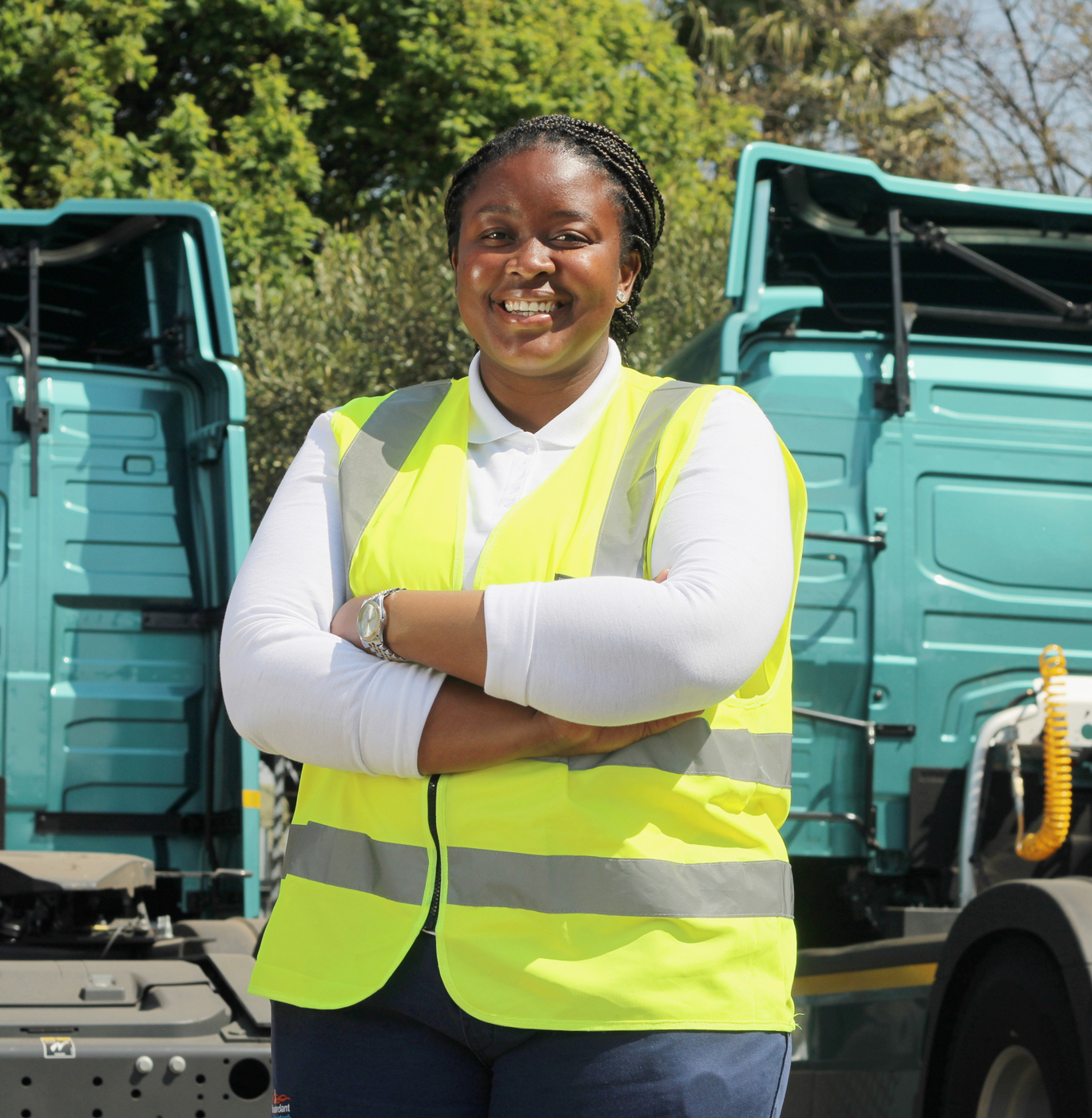Advancing women in the transport sector
Advancing women in the transport sector
The dynamics of men in female-dominated roles versus women in traditionally male-driven professions are intriguing. NICCI SCOTT-ANDERSON undertook research hoping to show that the success of women in roles such as truck driving could be mirrored by men in unconventional jobs. The results, however, were inconclusive.
Traditionally, roles like nursing and teaching have been women-centric, while engineering and construction have remained male strongholds; it’s no revelation! Research indicates that men, when breaking into female sectors, often progress faster, enjoying a “glass escalator” benefit.
Conversely, women encounter hurdles and barriers in male-heavy industries. These glass ceilings span from institutional constraints like limited maternity leave to biases and discrimination. Addressing these challenges is vital for our sector’s evolution, especially in transport.
South African companies are pumping resources into staying ahead, with many focusing on environmental, social, and governance (ESG) criteria. The social aspect of ESG encompasses employee relations, labour practices, and health and safety. The Commercial Transport Academy (CTA) has been proactive in this regard, sourcing funds for projects aiding employers in addressing ESG’s social aspects. With the inception of the SaferStops Association – an initiative to uplift the standards of truck stops across our highways – it further commits to supporting companies in achieving their ESG targets. However, the CTA requires the support of industry to advance its objectives.

A previous FOCUS edition celebrated the industry’s acknowledgement of the benefits women bring to the driver’s seat – not simply because women consistently achieve higher safety records, but for the tangible benefits experienced within their companies. However, the applause hasn’t translated to job offers for skilled female drivers. What’s the delay?
Despite socio-economic issues in South Africa, we must emphasise that promoting women in transport doesn’t compromise safety. Prioritising gender equality could elevate training standards and ensure every driver, regardless of gender, meets the highest safety benchmarks. Additionally, if there is an honest shift in recognising the value of women and moving to stage two – the employment of women as truck drivers – we as an industry can begin finding solutions to the real challenges that may be unique to women drivers.
Consider Nomzamo Mncwango and Mahlatse Mabane: after completing CTA’s globally acknowledged programme, these women have become transport ambassadors. Balancing local and long-distance routes, they’re a testament that women can thrive in this sector. They believe that with industry backing, more women can enjoy full-time roles, reaping the benefits of consistent employment and growth.

Mabane is a mother to a three-year-old daughter. She proudly states that, knowing she is a parent with responsibilities, she actively makes better choices so that she may return safely to her family.
“Both genders face similar road challenges. By involving more women and the youth, we can find solutions,” asserts Mncwango, who adds that being away from home at night is not an issue, as she uses the quietness of her cab to coach her siblings in their schoolwork. She urges industry leaders to give women a genuine opportunity.
Our sector must respond. As stakeholders, it’s imperative to support initiatives inviting more women into the industry. Addressing the needs of all drivers can help us avert the looming global driver shortage crisis, to which South Africa is not immune.
South Africa, it’s time we recognise the potential of women in the driver’s seat. At your next board meeting, champion the cause for more female drivers. Together, let’s pave the way for an inclusive future – one driver and truck stop at a time.
Published by
Nicci Scott-Anderson
focusmagsa




